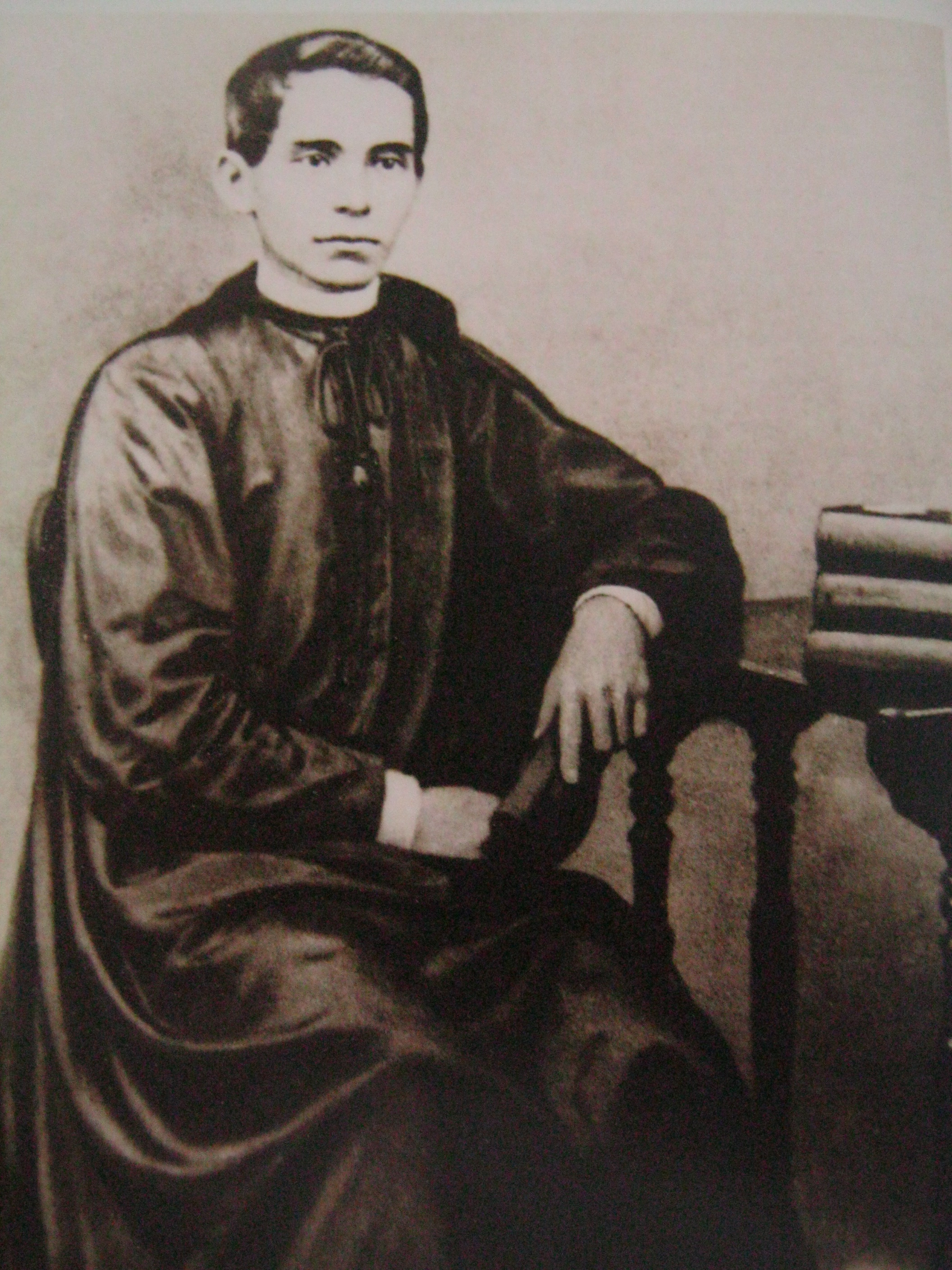Get Today in Masonic History into your Inbox. Sign up today for one of our email lists!
Need an article for your Trestleboard/Newsletter see our Use Policy
José Apolonio Burgos Passes Away

Today in Masonic History José Apolonio Burgos passes away in 1872.
José Apolonio Burgos was a Filipino Catholic priest.
Burgos was born on February 9th, 1837 in Vigan, Ilocos Sur, Philippines. He obtained several degrees including three undergraduate, all with honors, two master's degrees and two doctorates. They were received from Colegio de San Juan de Letran and from the University of Santo Tomas.
Burgos had strong nationalist views in opposition to the Spanish government and Spanish friars controlling the Philippines. He wrote a variety of editorials about Spanish rule and the church. In 1864 an anonymous pamphlet was distributed criticizing the prejudice of the church. It also offered rebuttal to several false stories circulating at the time about the Filipino clergy. It is largely believed Burgos was the anonymous author based on other samples of his writings. He also wrote several signed pamphlets which countered attacks against the Filipino clergy.
Despite offering no real new ideas in his writings, the writings were enough to bring Burgos to the attention of the Spanish authorities. In 1869 a young student, who was associated with Burgos, was arrested for spreading nationalist ideas on the local campus. The student was arrested with several others and put in jail for four months. On his release, which Burgos played a role in securing, the student was informed he had missed four months of classes and had to find a tutor, he chose Burgos.
By this time Burgos established himself as a defender of the native clergy and his argument turned into the broader subject of race and nationalism. This greatly displeased the Spanish authorities and played a role in his eventual demise.
In 1872, the Cavite Mutiny occurred. The Mutiny was an uprising of military personnel at Fort San Felipe, the Spanish arsenal in the province of Cavite. At the trial of one of the mutineers, Bonifacio Octavo, implicated Burgos. He claimed Burgos was one of the inciters of the uprising. Although under cross-examination Octavo's claims fell apart, the Spanish government at the time had what they needed to arrest, convict and execute Burgos.
On February 17th, 1872, Burgos along with two other priests were taken into Bagumbayan field and garroted. Strangulation with a hand held rope, chain or wire.
Burgos was not a mason although he was, for lack of a better term, on the side of the Freemasons in the Philippines at the time mostly because of the Freemasons involvement in the Revolution and their opposition to the despotic rule of the Spanish Friars who Burgos also opposed. He was close friends with Paciano Rizal, José Rizal's older brother. José Rizal was a Freemason and very active in the Revolution activities of the time. A Chapter of Rose Croix of the Ancient Accepted Scottish in the Philippines is named for Burgos.
This article provided by Brother Eric C. Steele.

